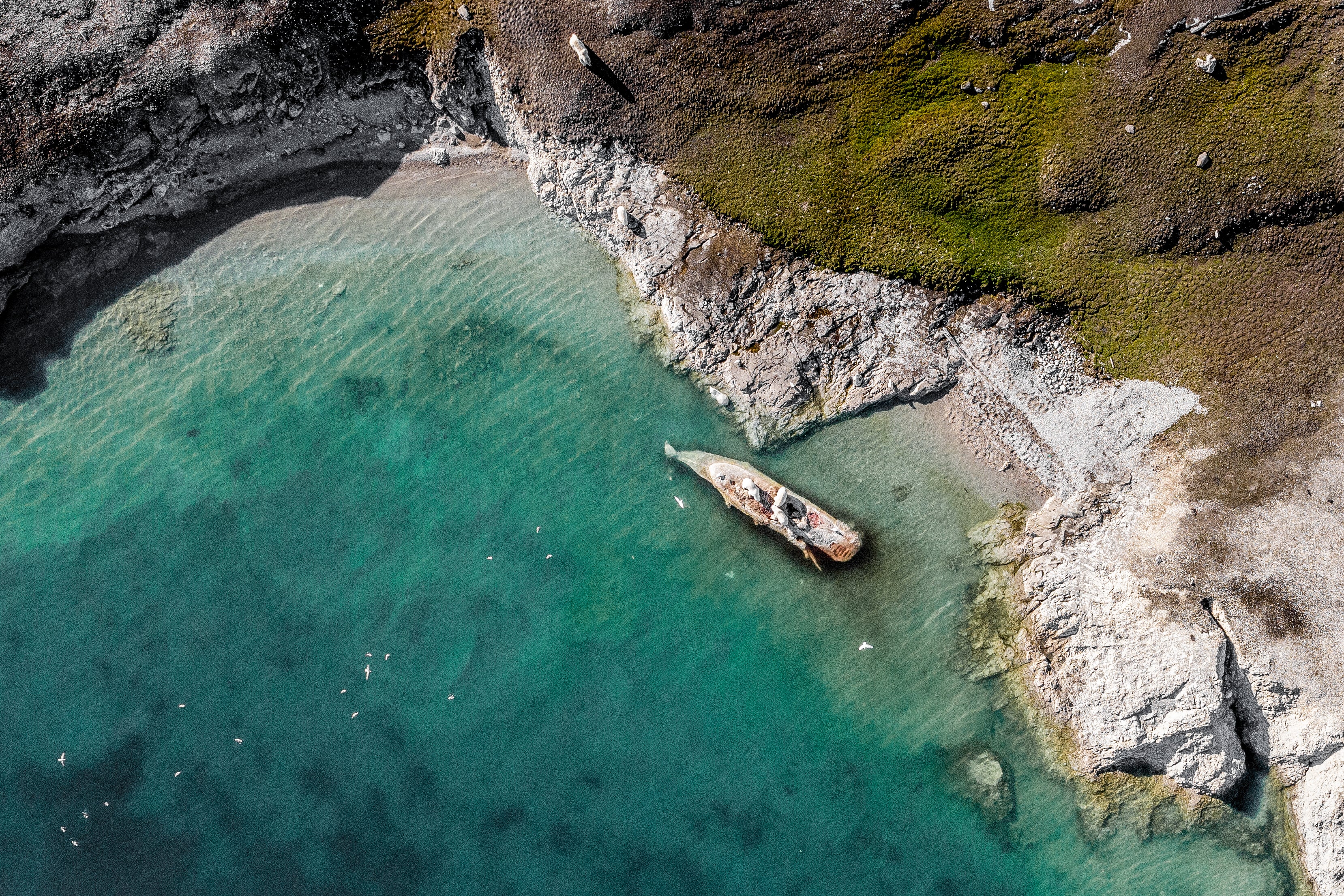Polar bears captured feasting on dead whale amid threats to survival from climate crisis
Footage of the bears feasting on a beached sperm whale was captured on the remote Svalbard archipelago of Norway

Your support helps us to tell the story
From reproductive rights to climate change to Big Tech, The Independent is on the ground when the story is developing. Whether it's investigating the financials of Elon Musk's pro-Trump PAC or producing our latest documentary, 'The A Word', which shines a light on the American women fighting for reproductive rights, we know how important it is to parse out the facts from the messaging.
At such a critical moment in US history, we need reporters on the ground. Your donation allows us to keep sending journalists to speak to both sides of the story.
The Independent is trusted by Americans across the entire political spectrum. And unlike many other quality news outlets, we choose not to lock Americans out of our reporting and analysis with paywalls. We believe quality journalism should be available to everyone, paid for by those who can afford it.
Your support makes all the difference.A group of filmmakers have captured remarkable images of polar bears in a remote part of the Arctic Circle as the imperiled creatures face increasing threats to their survival from the climate crisis.
Footage of the bears feasting on a beached sperm whale was captured on the Svalbard archipelago of Norway.
The filming was part of a new Disneynature feature called Polar Bear, which documents the lives of one polar bear family in the remote region.
“Luck in Svalbard comes in the form of manna from heaven,” Jeff Wilson, one of the film’s directors, told New Scientist.
Wilson added that with so much food around, the bears become less competitive and more playful. “It was just a whole bunch of bears happy in their own skin, playing with one another,” he said.
While these bears may have been having a good time, the species as a whole is in serious trouble due to the impacts of global heating.
Polar regions are losing vast amounts of sea ice that polar bears rely on due to climate change, driven largely by the burning of fossil fuels. The minimum sea ice extent in the Arctic has declined by 13 per cent every decade since 1979, according to Nasa.
Polar bears need sea ice to catch seals, one of their primary food sources. Increasing heat in the Arctic may be forcing the bears to look for alternative prey, like birds or reindeer, according to reports.
A hotter Arctic and melting sea ice means that by 2100, many polar bear populations could face extinction, according to a 2020 study. There are an estimated 26,000 polar bears in the wild, according to the latest update from the International Union for Conservation of Nature’s Red List.
Research in 2018 found that during earlier, hotter geological epochs - when sea ice was reduced and access to seals was difficult – polar bears survived by scavenging on whale carcasses.
But that may not hold true this time the planet warms, the study authors noted. For one, global heating is happening much more quickly than in the distant past, they note.
Furthermore, humans have severely culled the whale populations that polar bears could have potentially relied on.
Before being widely hunted from the 18th into 20th century, there were an estimated 1.1 million sperm whales worldwide, according to the nonprofit American Cetacean Society. Today there are around 360,000 sperm whales left in the wild.



Join our commenting forum
Join thought-provoking conversations, follow other Independent readers and see their replies
Comments